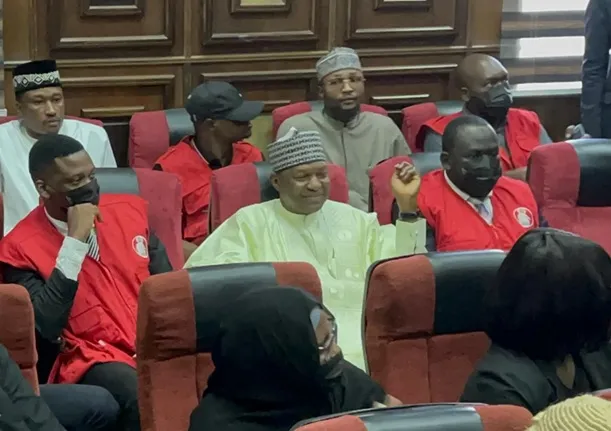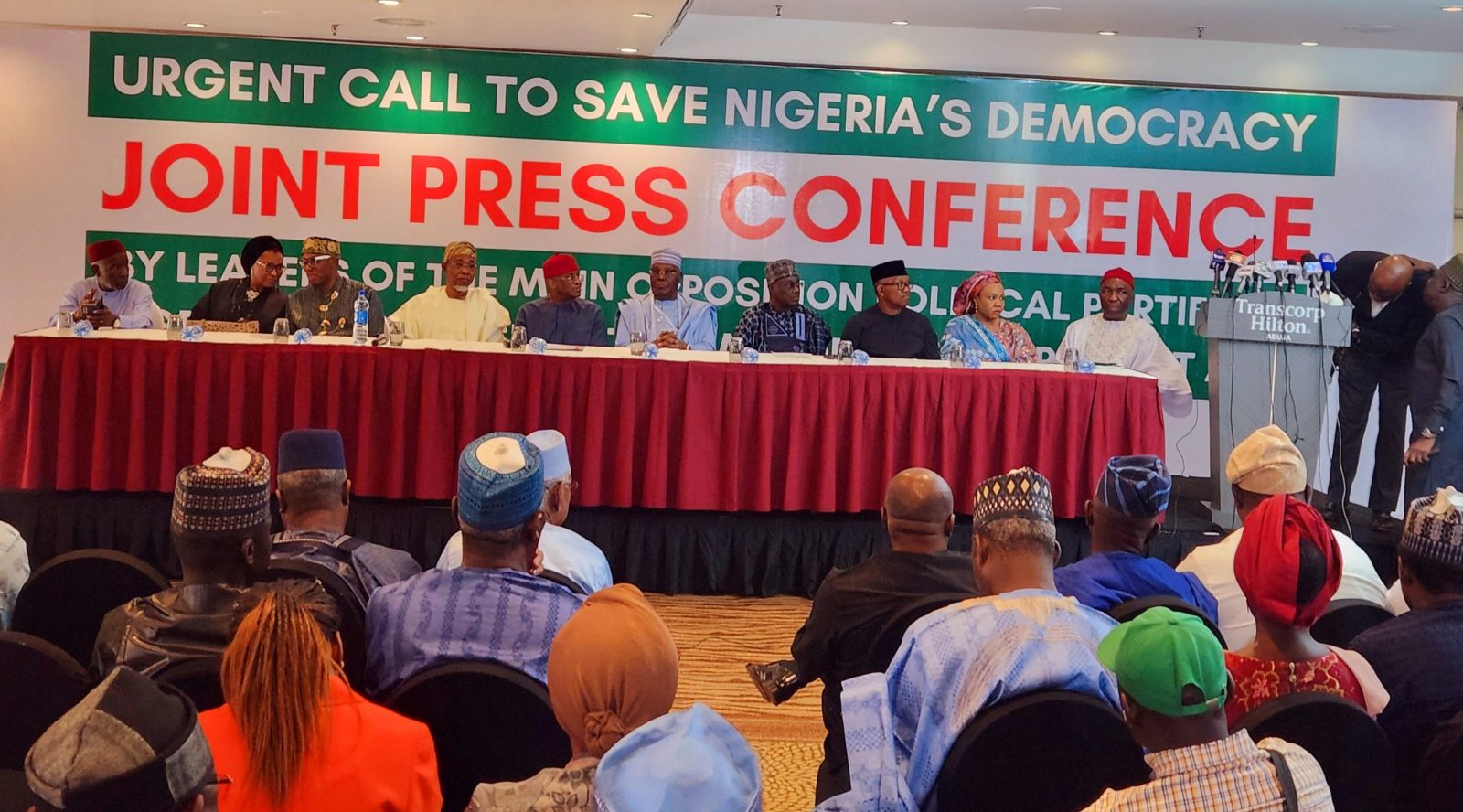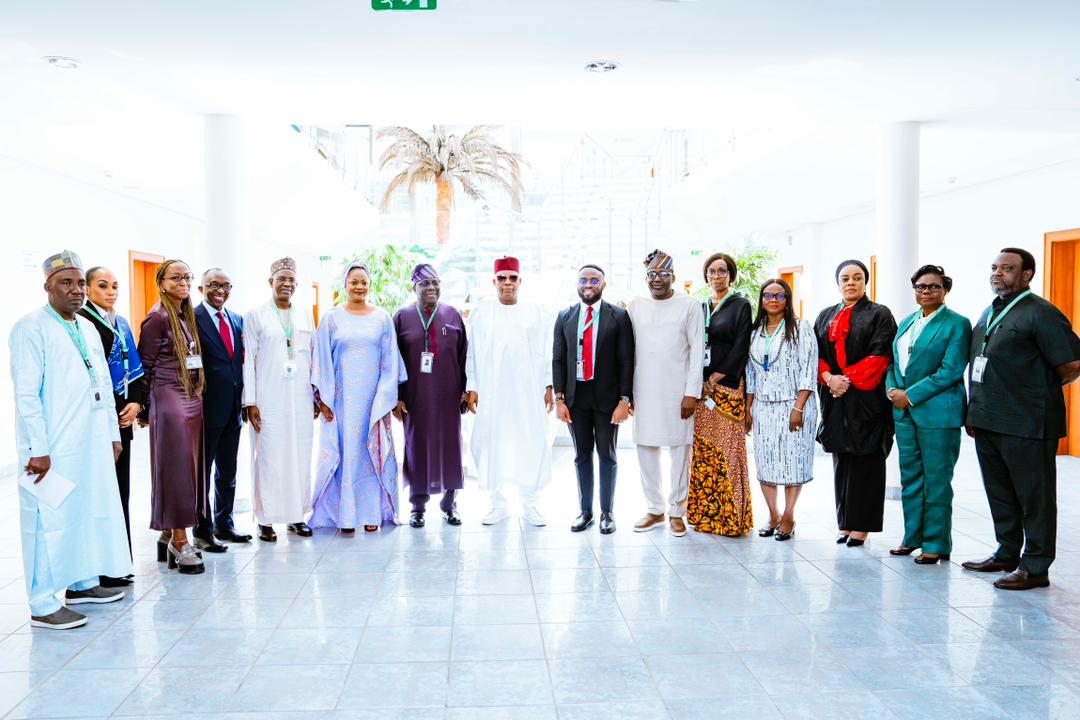The Economic and Financial Crimes Commission (EFCC) has defended its decision not to disclose the identities of those connected to 753 duplexes recently seized and forfeited to the Federal Government.
The properties, located in the Lokogoma District of Abuja, were confiscated following a court ruling on Monday.
This decision has sparked criticism from some Nigerians, including Omoyele Sowore, the 2023 presidential candidate of the African Action Congress (AAC), who accused the EFCC of covering up the identities of those involved.
Responding to the backlash, the EFCC’s Head of Media and Publicity, Mr. Dele Oyewale, described the criticisms as “unacceptable” and “grossly uncharitable.”
Oyewale explained that the forfeiture proceedings were conducted under Section 17 of the Advance Fee Fraud Act, which allows for civil proceedings targeting properties rather than individuals.
“The allegation of a cover-up of the identity of the promoters of the estate stands logic on its head,” Oyewale stated on Tuesday.
“This Act allows you to take up a forfeiture proceeding against a chattel that is not a juristic person. This is exactly what the Commission did in respect of the estate.”
According to the EFCC, the forfeiture followed actionable intelligence revealing the property as unclaimed, with the suspected company denying ownership.
This led the EFCC to seek a court order for final forfeiture, which was granted by Justice Jude Onwuegbuzie of the Federal Capital Territory (FCT) High Court.
The EFCC emphasized that substantive criminal investigations into the matter are still ongoing.
“It will be unprofessional of the EFCC to go to town by mentioning names of individuals whose identities were not directly linked to any title document of the properties,” Oyewale added.
The Commission called for greater public support in addressing systemic loopholes that enable corruption.
“The expectation of the EFCC from citizen Sowore is a patriotic appreciation of its efforts in securing such a landmark forfeiture,” the statement said.
The EFCC reaffirmed its commitment to transparency and its no-sacred-cow policy in pursuing financial crimes, urging Nigerians to focus on broader reforms to prevent corruption.






















Leave a comment